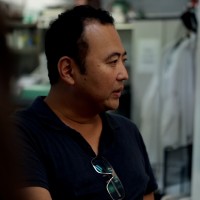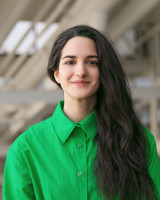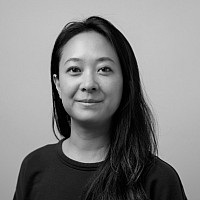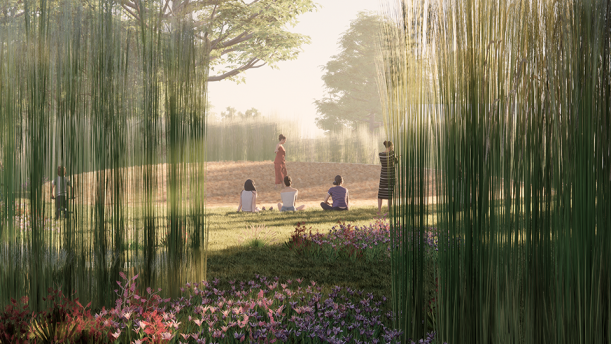
Each year Ragdale invites architects to reinterpret the open-air Ragdale Ring theater—designed in 1912 by architect Howard Van Doren Shaw for the work of his playwright wife, Frances—through interventions that explore intersections of architecture, sculpture, landscape design, public art and performance disciplines.
Responding to “Roots,” this year’s competition theme, a jury of architects and artists selected “Echo,” a proposal designed by the [sic] + fieldtrip team of Chowdhury, Desai, Gan and Zenawi, as the winner for the 2022 performance season.
By embracing the evident temporal qualities of the competition, “Echo” revisits the first Ragdale Ring—a proposition of nature.
“Shaw’s keen pursuit of landscaping crafted his garden into an enduring forum for the arts, an echo itself of the outdoor theatre at the Villa Ginanneschi-Gori. This typology is perhaps, at its most primordial—the echo of a meadow,” says the team. “We propose to explore the layering of these echoes and their underlying sensibilities.”
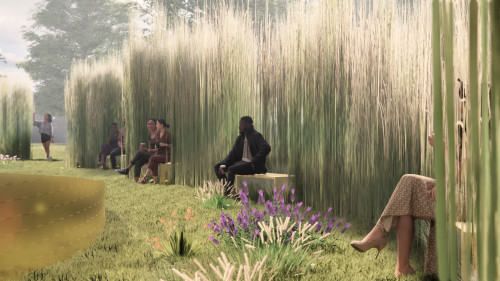
“The exploration of sustainable building methods and designed decay responded to the transitory quality of the project,” notes the team. “The mulch, soil, plants, bricks and flowers will all be re-sold, with minimal invasion to the site.”
Within the reed walls are nooks with simple, gold-painted benches that create seating along the design’s enclosure; a “meta-echo” audio system that allows music, sound and poetry to emerge from the plants; and colored, spherical ground lights, which act as a re-imagined version of the original Japanese paper lanterns displayed throughout Shaw’s theater.
Curated elements from “Echo” will be staged at both the Chicago Cultural Center and the Chicago History Museum, two off-campus venues where Ragdale performances will take place this season.
“The Ragdale Foundation allows designers to test ideas and experiment on the field as opposed to operating as a commissioned project,” says the team. “We look forward to further collaborative explorations of context, tools and agency on the Ragdale campus and engagement with its community.”
[sic] + fieldtrip was awarded a production grant to construct the temporary installation of “Echo,” as well as a design-build studio residency for a team of up to ten individuals at the creative community in Lake Forest, Ill.
“We are very proud of these recent alumni who, like many young architects, have started their own firms and are collaborating with other small firms,” says Michael Speaks, dean of the School of Architecture. “Each of them is also either working for larger firms or is studying at the graduate level. Individually and collectively, they are creating new, collaborative models of practice and shaping the future of architecture. And the brilliant results speak for themselves.”
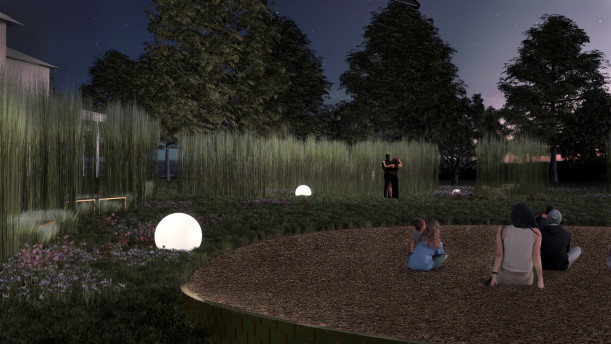
For more information about the Ragdale Ring competition and this summer’s performance season, visit the Ragdale website.





